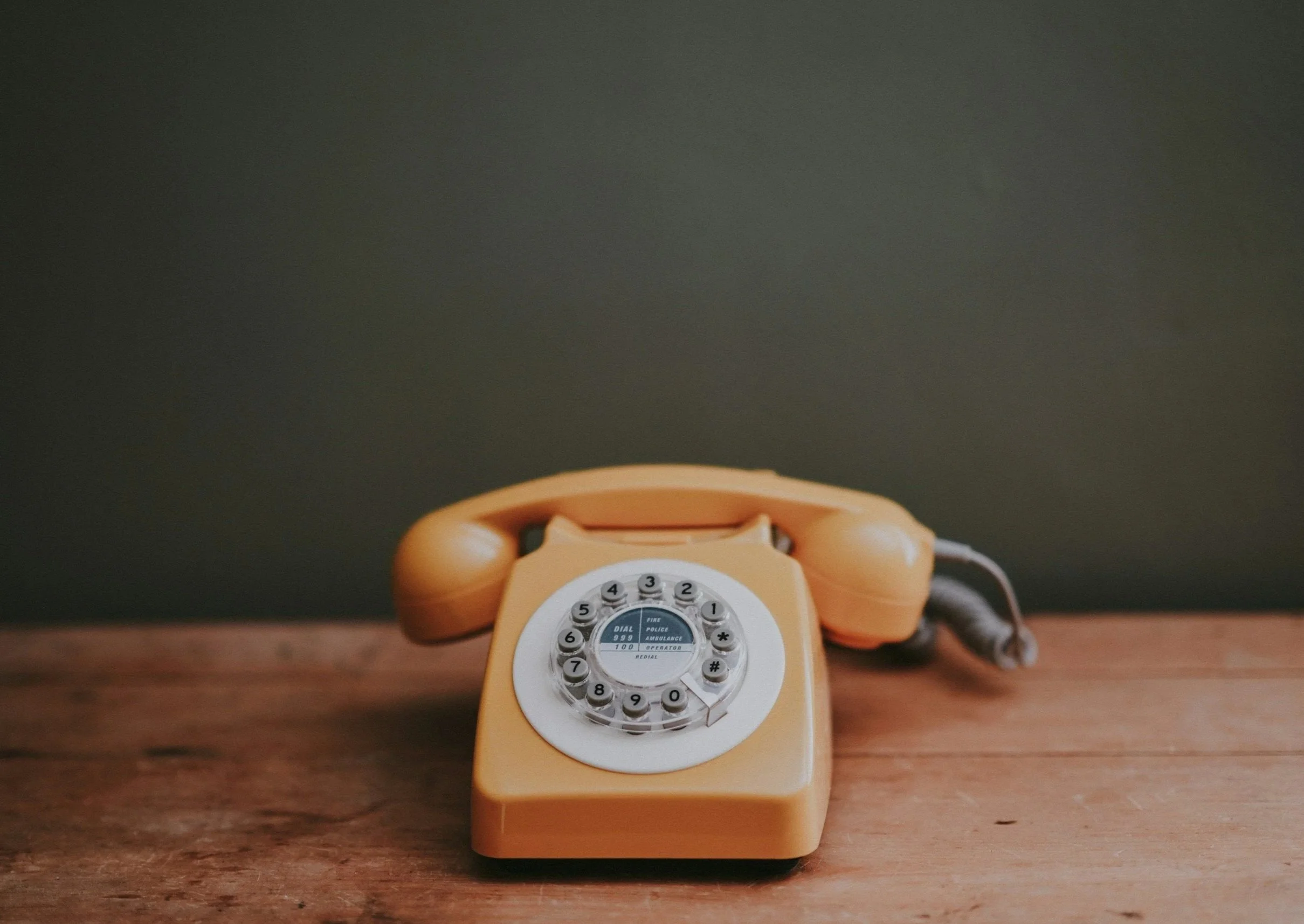
Grief & Loss Therapy in Philadelphia
You deserve to feel supported by someone who truly cares.
There’s no right way to grieve.
If you're here, you've probably lost someone or something important to you. Maybe it was sudden, maybe you saw it coming, maybe it's complicated by circumstances that make it hard to talk about. Whatever brought you to this moment, I want you to know that your grief is valid, and you don't have to navigate it alone.
Let's be honest about what grief actually feels like.
Grief isn't just sadness. It might be anger that surprises you, numbness that scares you, or guilt that doesn't make logical sense. You might feel like you're losing your mind, like no one understands, or like you should be "over it" by now.
Maybe you're grieving someone who's still alive—a relationship that ended, a version of yourself before illness or trauma, dreams that didn't work out. Maybe you're dealing with complicated feelings about someone who hurt you but who you also loved.
Maybe you feel guilty for laughing, guilty for crying, guilty for moving forward, guilty for standing still. There's no timeline for this. And there's no right way to do it.
Here's what I know about grief.
Grief is love with nowhere to go. It's your heart's way of honoring what mattered to you. And while it changes over time, it doesn't just disappear—nor should it.
You don't need to "get over" your loss. You need to learn to carry it in a way that allows you to live fully again.
Some days will be harder than others, and that's normal. Grief isn't linear. It's okay to have good moments and feel guilty about them. It's okay to have terrible days months or years later.
How we work together.
I don't try to rush your grief or talk you out of it. Instead, we work on making space for all the complex feelings that come with loss.
Psychodynamic therapy helps you process the full range of emotions around your loss, including the ones that might feel unacceptable. We explore your relationship with the person or thing you lost, including any unfinished business.
Internal Family Systems looks at different parts of you that are grieving—the part that's angry, the part that feels guilty, the part that wants to move forward, the part that wants to stay close to the loss. We help these parts coexist.
Cognitive Behavioral Therapy (CBT) helps when grief feels overwhelming or when you're stuck in patterns that aren't serving you. We work on coping strategies and ways to honor your loss while still engaging with life.
Mindfulness-based approaches help you stay present with your grief without being overwhelmed by it. We practice sitting with difficult emotions without trying to “fix” them.
Strengths-based therapy recognizes the resilience you've already shown by surviving this loss. We build on the coping skills and inner resources that have gotten you this far.
Acceptance and Commitment Therapy focuses on finding meaning and taking small steps forward while still honoring your grief. Because healing doesn't mean forgetting.
Everything is adapted to your specific loss and where you are in the process.
What happens in sessions?
We start wherever you are. If you need to cry, we cry. If you need to be angry, we make space for that. If you feel numb, that's okay too. You get to talk about your person or your loss without judgment. The good memories, the complicated ones, the things you miss, the things you don't miss.
We work on practical tools for the hardest moments—anniversary dates, unexpected triggers, well-meaning but hurtful comments from others.
We explore how to honor your loss while still living your life. This isn't about moving on—it's about moving forward with your grief as part of you.
And we talk about meaning-making. How this loss has changed you and how you want to carry this person or experience with you.
You can heal and still grieve.
I've worked with people who thought they'd never smile again, and watched them find joy while still missing their person. I've seen clients learn to talk about their loss without falling apart, find ways to feel connected to what they lost, and create new meaning from their pain.
Healing doesn't mean your grief disappears.
It means you learn to carry it with grace, to let it coexist with love, hope, and even happiness.
Ready to start?
Reaching out when you're grieving can feel really hard. You might worry about crying too much, or not crying enough, or saying the wrong thing.
That's why I offer a free consultation where we can just talk. You can tell me about your loss, ask questions about how I work with grief, and see if we feel like a good fit.
It's truly an honor to sit with people in their grief. I believe in your ability to heal while still honoring what you've lost, and I'd be grateful to support you along the way.





